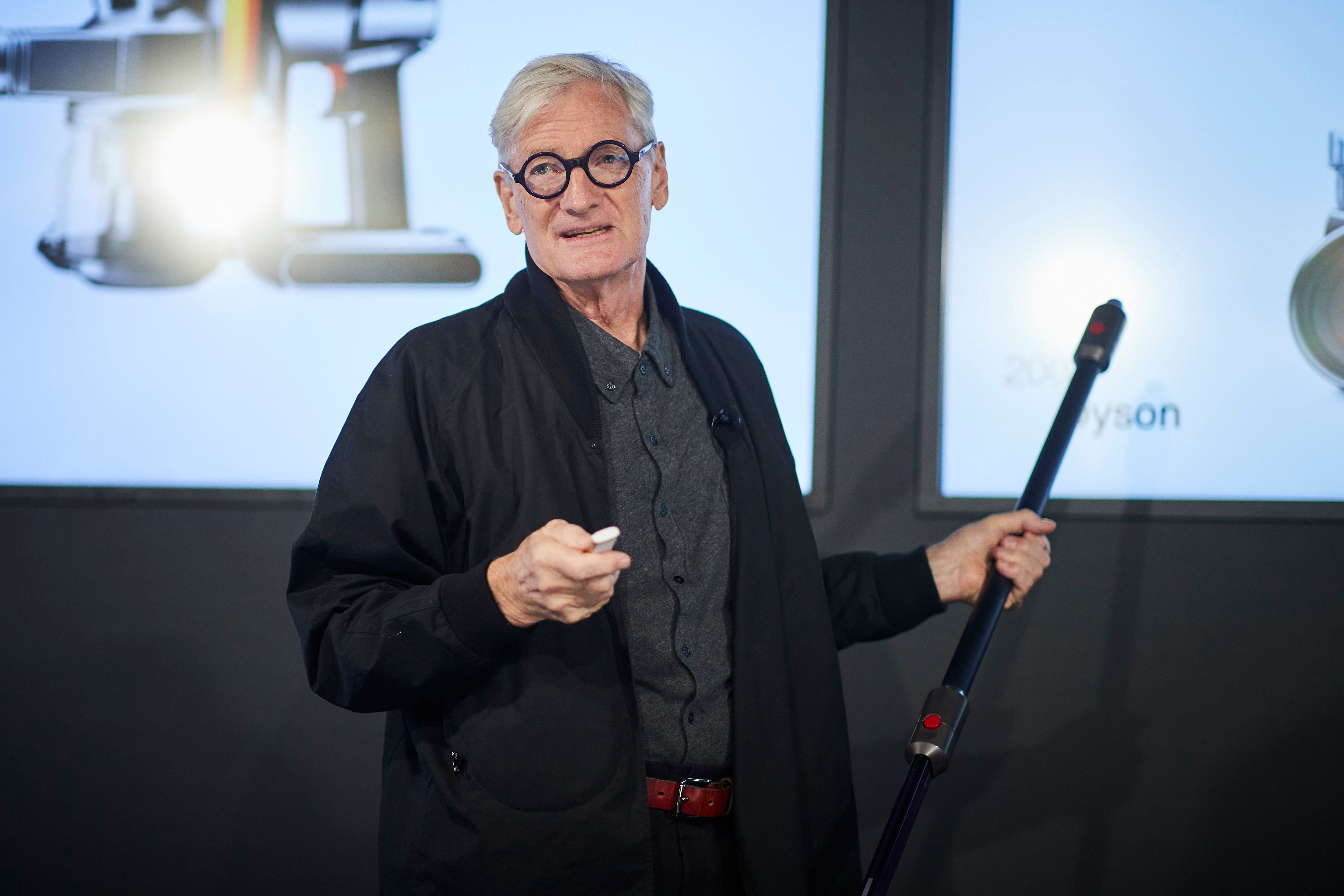Why Labour should view the Dyson lay-offs as a warning shot
As the vacuum cleaner giant lets go of a third of its workforce, Chris Blackhurst explains why the company’s failure can’t be pinned on its owner’s Brexiteer beliefs – and why the real reason should signal alarm bells about the future of UK manufacturing


No sooner does Labour take power than Dyson announces the shedding of 1,000 jobs – one-third of its UK workforce.
At least the premises and staff did not feature in the election campaign, selected by one of the main parties for a photo opportunity and a speech all about political brilliance. The battered, shocked employees were spared that.
The job losses had been in the pipeline for a while – you don’t just announce something like that as some sort of reflex action following an election result. Dyson had concluded a worldwide review, and this was part of the outcome.
While the founder, Sir James Dyson, was a prominent Brexiteer, he was no friend of Rishi Sunak’s administration, criticising its approach to economic growth and science.
The cuts were not caused by Brexit, either. They are to do with Dyson itself. On its face, the company is performing brilliantly, with sales reaching a record £7.1bn last year and operating profits also close to an all-time high of £1.4bn.
But growth is slowing, not accelerating. Revenues trebled between 2015 and 2019; after that they rose steadily, increasing by a third over the next four years. That’s been accompanied by a surge in R&D costs, up by 40 per cent last year alone. Yes, it’s investing heavily in a new battery plant in Singapore and is pumping another £100m into an AI centre in Bristol.
The impression, though, is of a business having to furiously tread water in order to stay upright in today’s increasingly competitive global marketplace.
Dyson has long since ceased to be a niche British maker of a revolutionary type of cleaner. Its creator harbours world-conquering ambitions, wanting the name to be synonymous with a powerhouse of groundbreaking, truly life-changing design and invention. An Apple, in other words.
To that end, he set up the business to be just that. In 2002, he shifted production from Wiltshire to Malaysia, leaving the UK to concentrate on research. Five years ago, he made Singapore the firm’s international headquarters.
Nothing was beyond the company’s aspirations. It’s one enormous leap from a new sort of vacuum cleaner, followed by the portable “stick” design – both of them classics – to building an electric car. But Sir James set the business on that path only to scrap the plan later, saying it was not “commercially viable”.
Determined to push ahead, Dyson followed that setback by unveiling a £2.75bn plan to branch out into AI, robotics and energy storage. The range of Dyson products was going to double as a result. It really did see itself as an Apple in the making.
As even that Californian behemoth has found, though, maintaining a fast pace, dreaming up yet more gadgets with the same impact as the iPhone, is fiendishly difficult. The creation may be ace, but not scalable – not at a level that says it will be hugely profitable and therefore justifies the investment.
Or you might pour in a fortune, only to find it does not actually work to the standard associated with your famous brand name. Then, you will only have your window of originality for so long – as soon as you launch, somebody somewhere will set to work on a cheap copy.
That’s what has happened with Dyson’s core product. Where once there was only the Dyson bagless cleaner, now Amazon contains an array of them, all looking remarkably alike, with more or less identical specifications. Where these Asian-produced copycats differ is that they are a lot cheaper.
It’s tough, and it must be soul-destroying. Dyson was justifiably proud of its £1,200 robot vacuum cleaner, hailed as the world’s most powerful – then up pops China’s Eufy with one that earns similar plaudits and is priced at £150.
That’s the game Dyson is in. There is still room for its well-made, thoughtfully put together devices. That quality, however, comes at a price. Its premium Dyson Zone set of headphones, combined with an air-purifying mask, was selling for £820. Currently, it’s on sale for £580.
What’s telling and worrying about these cuts is that they are being made in the UK, in R&D. If the country cannot compete in manufacturing any more with Asia, it must stay ahead in innovation. The nascent Labour government should see this as a warning shot.






Join our commenting forum
Join thought-provoking conversations, follow other Independent readers and see their replies
Comments